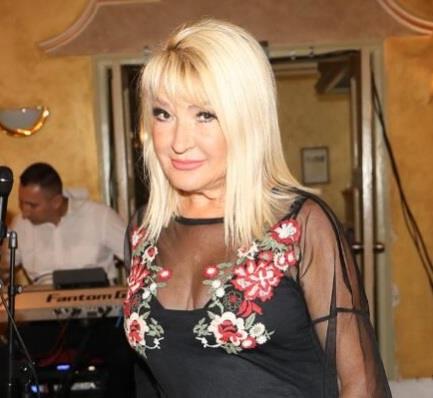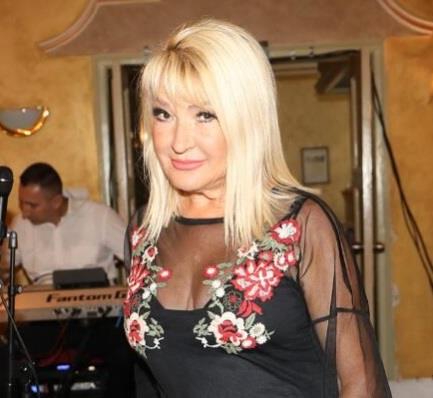The Banned Song, Lost Audience, and Serbian Pain: Goca Lazarević Tells All!
Did you know that one of the most emotional Serbian songs, “Vidovdan,” is not just a song but a full-blown drama in the music world? Famous singer Goca Lazarević openly shares how this very song brought her both fame and losses she never imagined.
The Song That Sparked a Storm
“Vidovdan” is not just a song – it’s a Serbian anthem of pain and pride. But did you know this song was banned in Montenegro, Croatia, and even Kosovo and Metohija? Yes, you read that right! Goca revealed that because of this song, she hasn’t been invited to perform in those regions for over 20 years. The ban was so strict that the song wasn’t even played on media in Montenegro.
How the Song Came to Be
The song was originally meant for Vesna Zmijanac, but she refused to record it because she didn’t want to jeopardize her popularity in the former Yugoslavia. Then the song was given to Goca Lazarević, who bravely accepted the challenge. Although the song became her signature hit, Goca admitted she lost a lot because of it – markets, performances, and even friends.
Goca Doesn’t Hide Her Emotions
The singer admitted she cried many times with the audience while they sang “Vidovdan” together. For her, this song is not just art but an expression of deep love for her country and people. “I’m not a nationalist, I’m a patriot,” says Goca, emphasizing that music is what unites people, not politics.
Why Is the Song Banned?
The ban of “Vidovdan” in some parts of the former Yugoslavia shows how sensitive issues of national identity and history still are. Goca made it clear that this song is a song of the people, a song of the Serbs, and it will live on after her, leaving a mark for future generations.
What Does This Mean for Artists and Audiences?
This situation raises questions about freedom of artistic expression and the limits politics places on art. How can a song be banned? How can an artist be punished for expressing love for their country? Goca Lazarević is living proof that music can be both a blessing and a curse.
Conclusion
As the world changes and borders shift, “Vidovdan” remains a symbol of struggle, pain, and pride. Goca Lazarević is a brave woman who stands behind her song and her people, no matter the price she paid. What do you think? Is music truly free, or is it trapped in the web of politics? Drop a comment, maybe together we’ll unravel this musical mystery!



















